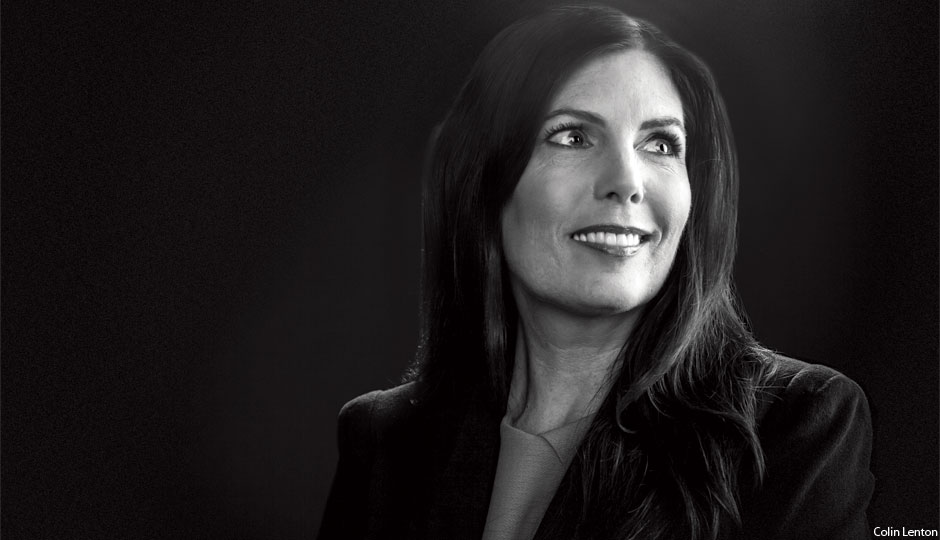Kathleen Kane’s Gay Marriage Mutiny
At the bottom of a steep block on the west side of Scranton, next to a clapboard home with peeling white paint, there’s a pizza shop called Maroni’s. Inside, takeout boxes are piled in towers that nearly reach the ceiling, and Carmen Pellegrino, who’s owned the place for 31 years, is pounding dough and spreading cheese for a steady trickle of customers hungry for nourishment after praying at the Solemn Novena for Saint Ann at the basilica up the hill.
It seems an odd spot to meet the dynamic and glamorous Attorney General Kathleen Granahan Kane, a woman who, in the past 18 months, has emerged from nowhere to become Pennsylvania’s fastest-rising political star, Governor Tom Corbett’s nemesis, and, reputedly, a potential candidate for every higher office in the land, from governor to U.S. senator to—no kidding—a spot on a presidential ticket.
But then Kane enters, state-employed bodyguards in tow, and Carmen scurries out from behind the counter for a hug. “Kathy!” he cries.
Maroni’s is one of Kane’s touchstones, an anchor to the days before she was married to a wealthy businessman, before Bill Clinton cut television ads for her, before the president of the feminist PAC Emily’s List was telling the Washington Post that Kane has the right stuff for the White House.
“Every time I feel like things are going wrong, or I need to remember who I am, we take a ride to the West Side,” Kane says. Her order is in, and soon Carmen will bring over a rectangular pie smothered in an unusually gelatinous (but undeniably tasty) cheese. “It reminds me to be a normal, real person. When I come here, it reminds me that I’m just me. Don’t get caught up in all that other junk, don’t listen to the noise.”
What Kane seems unable to believe, even now, is that the noise is largely of her own making. She may be a political neophyte—indeed, at times that fact is very clear—but she has nonetheless demonstrated over and over again that she has an uncanny knack for making news and generating buzz in a state with a hidebound and borderline somnolent political culture. There she was, an underdog attorney general candidate last year, leading the critique of Corbett’s investigation into the Jerry Sandusky fiasco at Penn State. There she was, 30 days after taking office this past January, vetoing a Corbett bid to partially privatize management of the state lottery. And there she was again this summer, announcing that she wouldn’t defend the state’s ban on gay marriage in court.
“I don’t back down from anything,” she says at lunch. This West Side toughness, wrapped up in a charming package, is a big part of the reason Kane has made such an impression both in Harrisburg and on voters. At 47, she’s confident but not-quite-cocky, and her tone (more than her actual agenda) is candid and bracing.
Kane has managed to create a sense that she’s the only one out there actually doing, while the rest of the political class stands still. And she has—perhaps intentionally, perhaps not—tapped into the fathoms-deep well of disgust that so many Pennsylvanians feel for the retrograde crew running the state. What Kane has come to represent—through her decisiveness, her biography and, yes, her gender—is an alternative to Pennsylvania’s go-slow status quo. You look at Kane and think: Maybe, just maybe, things could be different around here after all.



